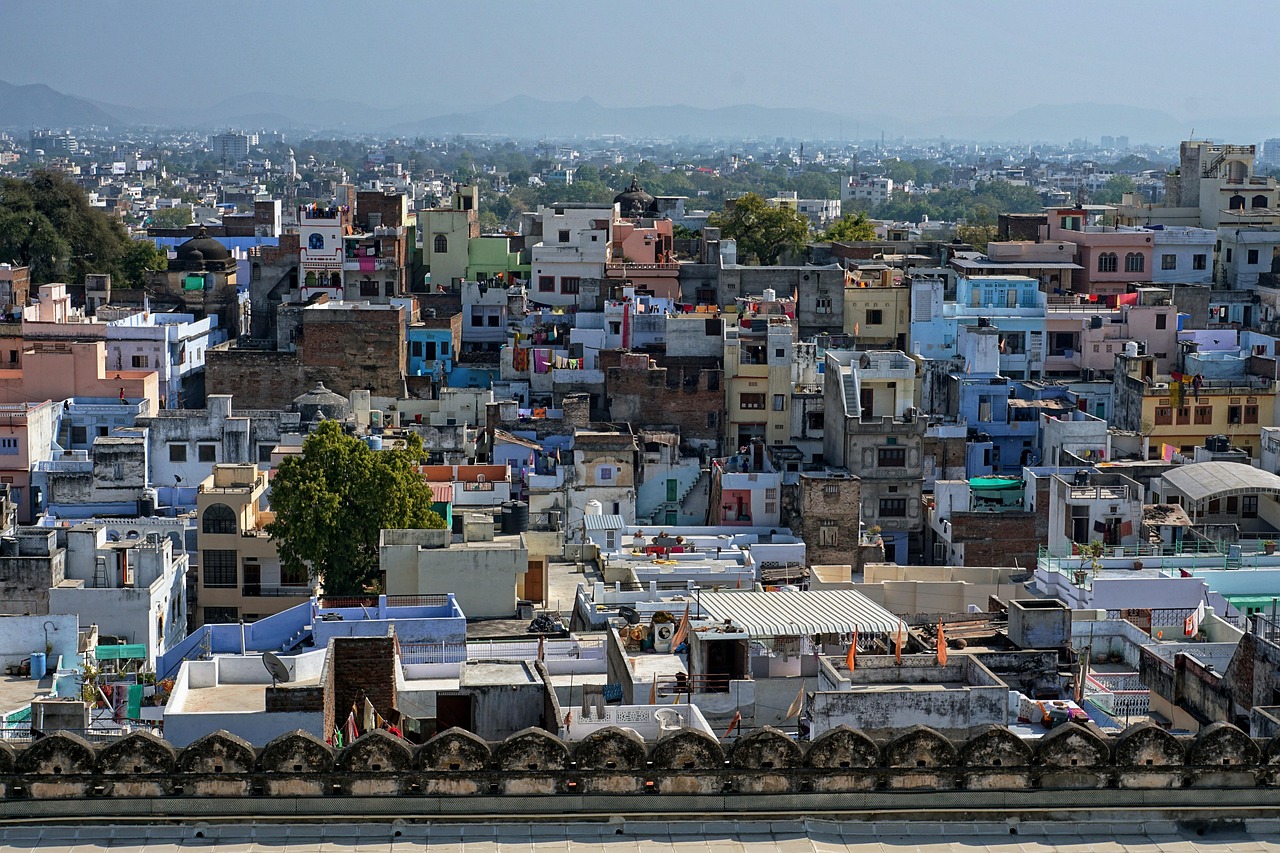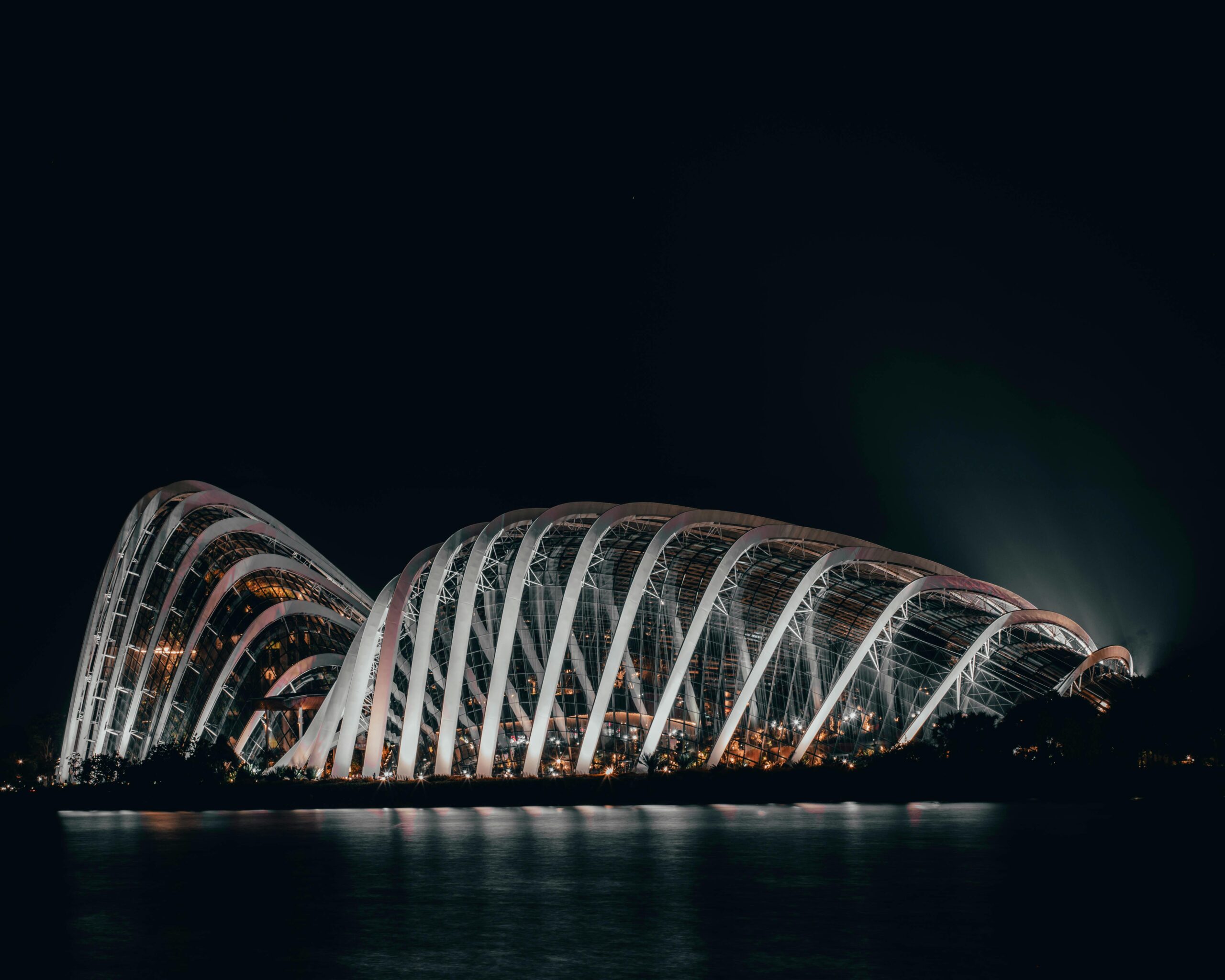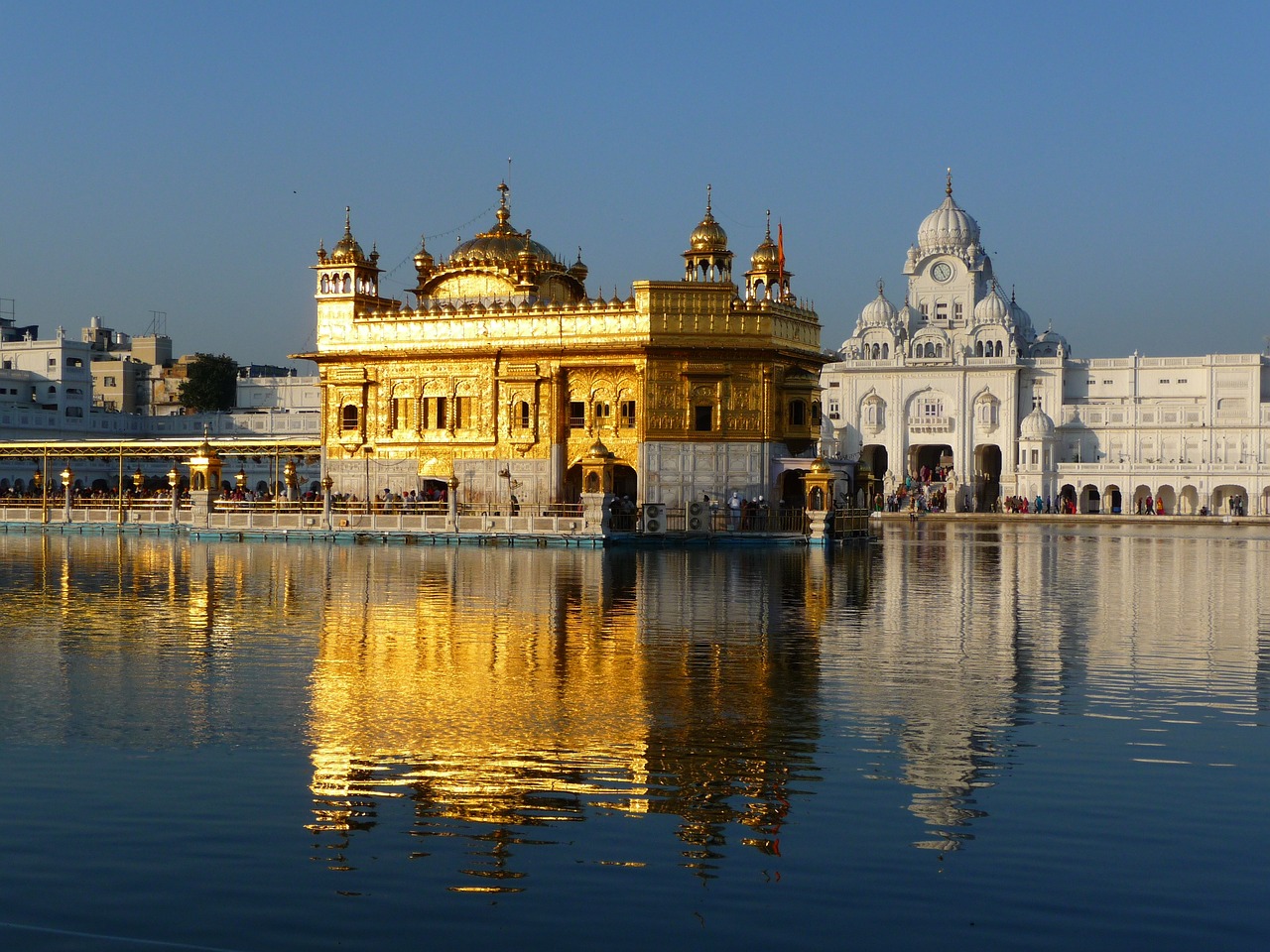- Key Takeaways
- Why Dubai is a Second Home
- The Investment Landscape
- Dubai vs. Indian Cities
- Beyond the Numbers
- Conclusion
- Frequently Asked Questions
Key Takeaways
- Dubai provides Indian property investors with tax efficiency, rental yields of 8 to 10 percent, and a favorable exchange rate, underpinning robust asset appreciation without extra cost.
- The UAE’s stable and diversified economy, as well as strong currency stability, makes Dubai a safe haven for real estate investment.
- Indian investors, meanwhile, enjoy the advantages of the Golden Visa, offering them long-term residency and access to premium healthcare and education, which further intensifies Dubai’s allure as a second home.
- With a vast Indian expat community, familiar cultural amenities and a supportive environment, Indian buyers feel comfortable and at home in Dubai.
- Dubai offers world-class lifestyle with lavish properties, state-of-the-art infrastructure and myriad of amenities, adding to a high quality living experience.
- With freehold zones and a variety of property types, this diverse investment landscape gives Indian investors leeway and the promise of capital appreciation in one of the world’s foremost global hubs.
Indian property investors find Dubai second home with open market rules, strong rental yields, safe living. With convenient visa schemes and a transparent purchasing process, Dubai has become the second home for numerous Indian investors who purchase villas and apartments here.
Many others are drawn to Dubai for its diverse cultural blend, excellent educational institutions, and state-of-the-art roadways. To demonstrate why additional Indian purchasers select Dubai, the following sections offer important trends and practical advice.
Why Dubai is a Second Home
A favorite among wealthy Indians, Dubai’s robust real estate market, financial incentives, and hassle-free residency attract Indian buyers. Its international stature, proximity to India, and welcoming community contribute significantly to this investment destination.
1. Financial Freedom
Dubai offers Indian investors genuine opportunity for appreciation. There’s no capital gains or wealth tax in Dubai, so investors get to keep more of their returns. Rental income is tax-free, which is uncommon in many other markets around the world. This allows investors to concentrate on scaling their capital without the concern of additional taxes.
Dubai’s rental yields are some of the world’s highest, typically between 7% and 9% for residential properties. Demand from an increasing expat community and consistent tourist traffic keeps it going. With the strong Indian rupee and its favorable conversion rate with the UAE dirham, it is much easier for Indian buyers to enter the market and get a higher bang for their buck.
2. Stable Economy
Dubai’s economy isn’t just built on oil, but on trade, tourism and finance. This keeps their real estate market resilient to global fluctuations. The city’s stable currency, pegged to the US dollar, inspires additional confidence in Indian investors.
With digital property registration and a transparent legal system, real estate buying is secure and convenient. The sheer volume of expats and tourists drives the need for accommodation. Dubai’s position as a global hub means investors can easily oversee their properties and access international rentals potential.
3. Golden Visas
Indian investors who invest in property in Dubai become eligible for the city’s Golden Visa program if they cross the minimum investment threshold. This visa offers the privilege of long-term residency for a period of up to 10 years.
It extends beyond the investor to their spouse and children as well, which for me makes it a functional option for families. Golden Visa holders are entitled to good health care, leading international schools and the ability to travel freely. The program has made Dubai an even bigger pull for Indians seeking a reliable home away from home.
4. Cultural Comfort
More than 3.5 million Indians reside in Dubai. There are tons of Indian restaurants, shops and events that take place in the city. Indian investors easily find community support and networking options.
Many people speak Hindi, so communication is simple. Life feels familiar, making it easy to settle in.
5. World-Class Living
Dubai has some of the world’s best lifestyle choices—luxury homes, top-tier shopping and dining. High-rise penthouses and beachfront villas are a dime a dozen.
It’s an infrastructure city, from buttery-smooth roads to lightning-fast internet, keeping you close to your 21st century life. For Indian buyers, that translates into convenience, prestige and a second home.
The Investment Landscape
Dubai’s property market is exceptional for its transparency, variety and stability of returns. The city’s robust infrastructure, global connectivity and transparent regulations attract investors from around the world, particularly from India. Things like the Dubai Land Department’s supervision and the Emirate’s open investment climate get foreign buyers through the door, but with the city’s geographic closeness to South Asia, it’s an even stronger incentive for Indian investors.
The potential for capital appreciation and the security of dollar-linked assets additionally provide a hedge against currency volatility, a major issue for many buyers from countries with unstable currencies. Dubai’s status as a global hub – like London or New York – continues to fuel demand and competition, moulding a market that is vibrant and resilient.
Freehold Zones
Dubai’s freehold zones allow foreigners, including wealthy Indians, to own property in designated areas. They can sell, lease, or otherwise utilize their units as they wish. Investment hotspots like Dubai Marina, Palm Jumeirah, and Downtown Dubai are particularly appealing to Indian buyers seeking flexibility and potential capital appreciation in a global city known for its luxurious amenities.
The advantage of freehold ownership goes beyond just purchasing property; it offers investors peace of mind, knowing their real estate investments are secured by transparent legislation and backed by the DLD. This assurance is crucial for investors who have experienced asset-price bubbles in other markets.
As a result, freehold zones bolster Dubai’s reputation as a preferred property investment destination, further enhancing its international appeal in the real estate sector.
Property Types
Dubai provides a variably wide mix of property types, so investors can always find something that suits their objectives. The market has it all, from high-rise apartments and sumptuous villas to townhouses and even serviced residences.
Most Indian investors gravitate towards residential properties. Villas and apartments in gated communities are favorite among families, and premium options such as penthouses cater to those seeking exclusivity and luxury. These properties frequently have pools, gyms and security which makes them highly desirable for end-users and tenants.
Commercial property is appreciating. Offices, co-working spaces and retail units are much sought after as Dubai’s economy diversifies. The city’s business-friendly atmosphere and robust tourism industry ensure commercial properties provide stable rental returns.
This spectrum of options allows Indian investors to customize their investments, be it steady rental income, long-term appreciation or both.
Popular Areas
- Dubai Marina
- Downtown Dubai
- Palm Jumeirah
- Jumeirah Lake Towers
- Business Bay
Prime locations such as these benefit from robust rental demand and appreciation potential. Properties here are near employment centers, schools, and transportation connections.
A lot of these neighborhoods have world class shopping, dining and leisure, which attracts residents and investors alike. They’re gently connected to city infrastructure, so easy access from the airport and business centers.
Their proximity to freeways and transit increases their worth.
Dubai vs. Indian Cities

Dubai is unique on so many levels when compared with leading cities in India. The table below sorts out the key distinctions.
Factor | Dubai | Major Indian Cities |
|---|---|---|
Rental Yield | 7-10% yearly | 2-4% yearly |
Capital Appreciation | 15-20% yearly (area based) | 5-8% yearly |
Legal Environment | Clear, safe, investor-friendly | Slower, often complex |
Infrastructure | High tech, new, well-kept | Mixed, often crowded |
Investor Profile | Global, expat-driven | Mostly local |
Flight Time (from India) | 2-4 hours | N/A |
Upfront Cost | Higher than Tier-2 cities | Lower in Tier-2, high in metros |
Currency Risk | Rupee to Dirham | None |
With rental returns being a strong lure for Dubai, a lot of the expat-heavy areas in Dubai deliver 7-10% rental yield annually – well above the 2-4% seen in Mumbai or Delhi. This assists purchasers to get a lot more from their greenbacks.
Capital growth is significantly greater. Sometimes, Dubai homes have appreciated 15-20%, whereas Indian metros tend to experience more languid price appreciation.
Dubai has made life easy for buyers with clear rules and systems. The city has clear land records, fast paperwork, and foreign investor protective laws.
Meanwhile, Indian buyers can deal with endless waits and ambiguous regulations. Alongside its world-class roads and gleaming new airports and green spaces, Dubai is an obvious rung above the congested streets and patchy public utilities of many Indian cities.
For Indian buyers, Dubai is proximate. It’s just a 2-4 hour flight from Mumbai or Delhi to Dubai. So buyers can drop by their homes or follow up on deals without lengthy drives.
For a lot of us, Dubai is our second home – whether it’s for work, school, or travel. The city now attracts more super-rich Indian buyers than even London, demonstrating a strong change in global preference.
Dubai offers you the benefits of global schools, world-class shops, and a safe, clean place to live. It’s a city of expats, so buyers can connect with people from around the world.
That’s frequently not so in India’s major cities, where purchasers can bump into greater restrictions or simply feel less comfortable.
Diversifying by buying in Dubai provides Indian investors a means of spreading risk. Overseas properties can offset an India-heavy portfolio.
Buyers have to observe the exchange rate between the Rupee and the Dirham, as fluctuations here can alter the actual price.
Beyond the Numbers

Dubai presents Indian investors, particularly wealthy Indians, with opportunities that extend beyond mere balance sheet numbers. This combination of culture, safety, and potential capital appreciation informs why so many Indian citizens today consider Dubai a genuine second home, not just a place to invest.
A Global Hub
Dubai’s reputation as an international hub for business and tourism attracts individuals from all over the world. Its airport is among the busiest in the world, with direct flights between the East and West. Located in the heart of the metropolis, the city serves as a crucial hub for commerce and tourism, accelerating work and vacation agendas.
Its infrastructure is world-class – with slick public transport, new highways and smart city planning. These systems assist individuals in navigating rapidly and engaging with others. So there are lots of opportunities to network for investors, particularly those from India.
Dubai’s business districts such as DIFC and Dubai Internet City provide meeting spaces where inspiration sparks and international collaborations are born.
Family Security
Family welfare is at the top for Indian purchasers. Dubai is one of the safest cities – 3rd safest city for women in the world. It’s crime free and a very safe destination for both families and travelers on their own. This feeling of safety is one of the main reasons parents choose Dubai as their home.
Education is accessible, with many international schools and universities. Healthcare is up-to-date, with world-standard-care hospitals. For a lot of Indians, it’s reassuring to see the same old stores and restaurants.
The sizable Indian community translates into festivals and traditions being celebrated and support is never far away.
Future Outlook
Year | Avg. Property Value (AED) | Rental Yield (%) |
|---|---|---|
2019 | 2,100,000 | 6.1 |
2021 | 2,400,000 | 6.5 |
2023 | 2,800,000 | 7.0 |
Dubai property prices and rental yields have been consistently increasing, making it a preferred property investment destination for wealthy Indians and other foreign investors. Industry insiders anticipate this trend will continue, as governments emphasize innovation and green growth. New projects and smart systems are positioning Dubai as a future-ready city, attracting long-term investors seeking potential capital appreciation.
Dubai is also business-friendly, with easy regulations for purchasing freehold real estate and no language barrier for Indian citizens. Luxury homes often go for AED 2-3 million, frequently less than comparable properties in Indian metros.
The robust rental market sees a strong demand, with the majority of Indian buyers looking to purchase flats in gated, well-planned communities that offer luxurious amenities.
Lifestyle Appeal
Living in Dubai, you get the world’s arts, music, food and sports. The city is a cultural fusion. Indian roots shine through—from Diwali illuminations to cricket games. Well thought out communities, fresh parks and brand new malls provide inhabitants every possible option for how to enjoy themselves.
For young professionals and families, convenience of living is prominent. Shopping, commuting, and socializing seem straightforward and secure. The Greek and Indian groups get new students settled fast.
Conclusion
Just look at the numbers and you’ll understand why Indian property investors are finding a second home in Dubai. Dubai provides transparent regulations, rapid development and tangible incentives to investors. Purchasing a flat or a villa here will gift you tax breaks, resilient rent and that great lifestyle. The city distinguishes itself with its safe streets, mixed culture and smart city master plans. Rules of purchasing remain straightforward and equitable. Most people now look at Dubai as more than an investment. It’s home base, it really is. For those seeking new opportunities in real estate, Dubai remains open for business. To discover more or seek assistance, contact a local agent or enter into a real estate forum.
Frequently Asked Questions
Why do Indian property investors consider Dubai a second home?
Dubai’s hospitable environment, world-class infrastructure, and robust legal framework make it an appealing investment destination for wealthy Indians seeking stability, elegant lifestyles, and potential capital appreciation beyond India.
Are property prices in Dubai more affordable compared to major Indian cities?
Yes, Dubai is usually more bang for the buck, making it a preferred property investment destination. Investors can acquire quality Dubai property at very good price points compared to premium locations in Mumbai or Delhi.
What are the main benefits of investing in Dubai real estate?
With high rental yields and tax advantages, the Dubai property market attracts wealthy individuals and real estate investors, offering a secure environment and diverse culture for potential capital appreciation.
Can non-residents from India easily purchase property in Dubai?
Yes, wealthy individuals and foreign investors can purchase property in Dubai in specific freehold areas, benefiting from potential capital appreciation and transparent legal safeguards.
How does Dubai’s property investment process differ from India’s?
Dubai’s property market is efficient, regulated, and sleek, attracting wealthy individuals and Indian buyers. The purchase process is generally quicker, with transparent paperwork and less red tape than in some Indian cities.
Is it possible to get residency in Dubai through property investment?
Indeed, Dubai is extending residency visas to property investors, particularly wealthy Indians, who fulfill certain investment thresholds. That’s an extra motivation for those seeking to live or stay long-term in this global city.
What risks should Indian investors consider when buying property in Dubai?
Investors in the Dubai property market should do their own due diligence on market trends, developer reputation, and legal considerations to minimize risk and ensure potential capital appreciation.



